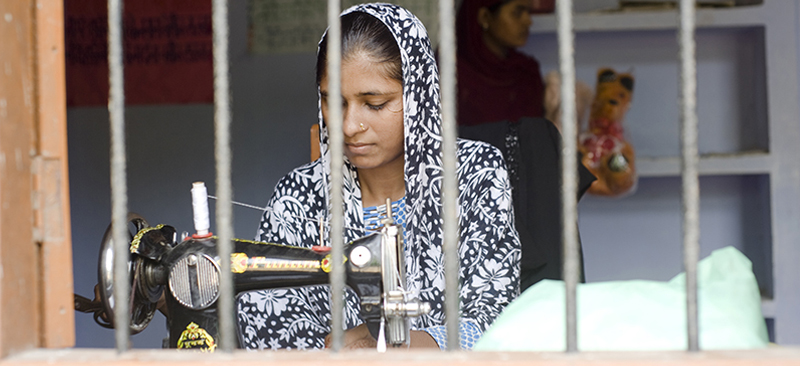Rahul Chatterjee

Rahul Chatterjee
Posts by Rahul Chatterjee
Aakash Mehrotra, Mohak Srivastava, Monica Dutta and Rahul Chatterjee
“Respect the sentiment:” Using sentiment analysis to inform policy and regulation
Dec 21, 2020
 Media release
Media release
Aakash Mehrotra, Mohak Srivastava, Monica Dutta, Rahul Chatterjee and Anshul Saxena
A paradigm shift for fintechs: Why a coherent data strategy has become a business necessity
Dec 17, 2020
 Publication
Publication
Rahul Chatterjee, Agnes Salyanty and Alfa Pelupessy
Responding to COVID-19 in Indonesia
Dec 3, 2020
 Video
Video
Akhand Tiwari, Sonal Jaitly and Rahul Chatterjee
COVID -19 recovery is likely to fail women- digital financial services can help, if designed well
Nov 10, 2020
This site uses cookies, by continuing your navigation, you agree with our Cookie Policy.

